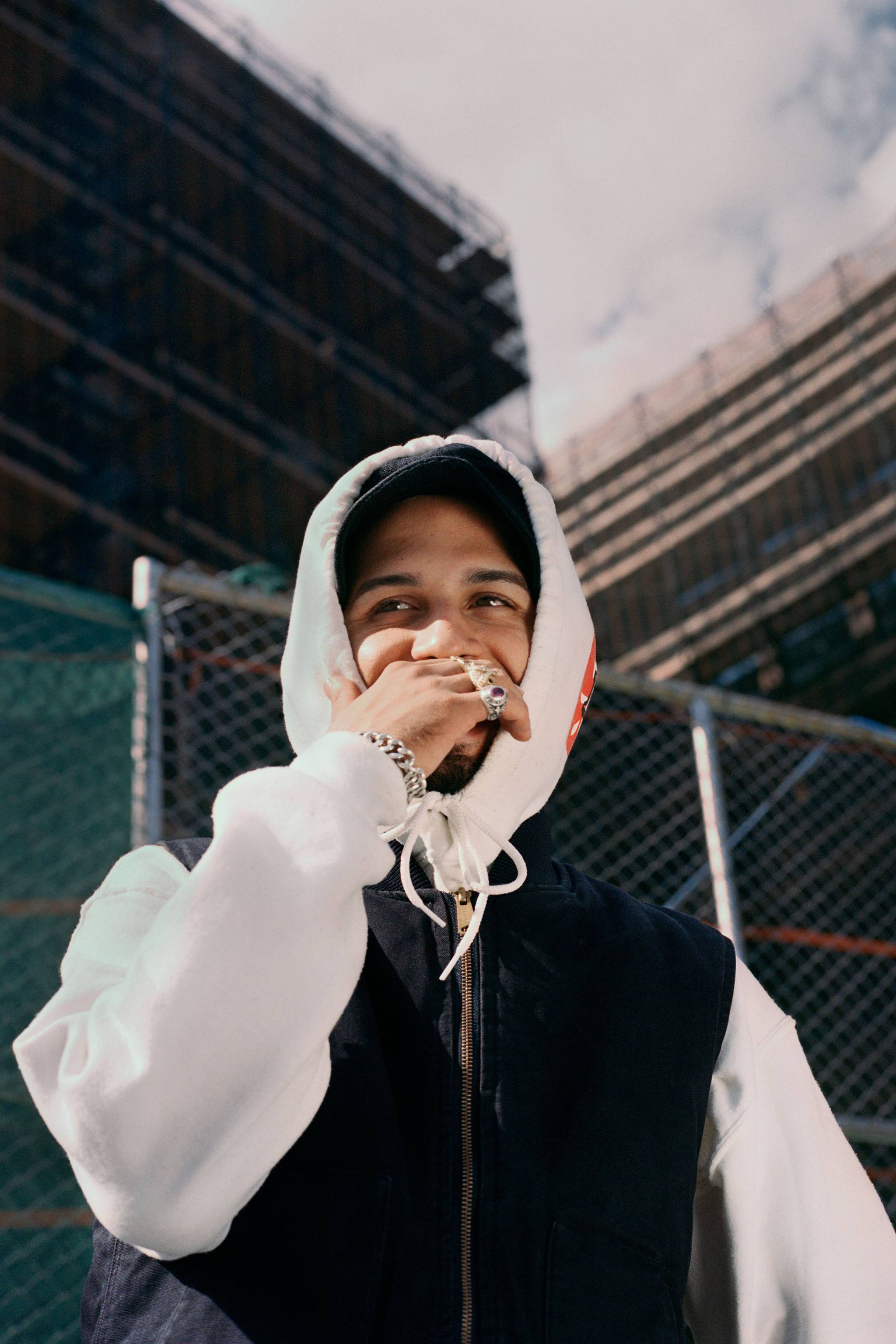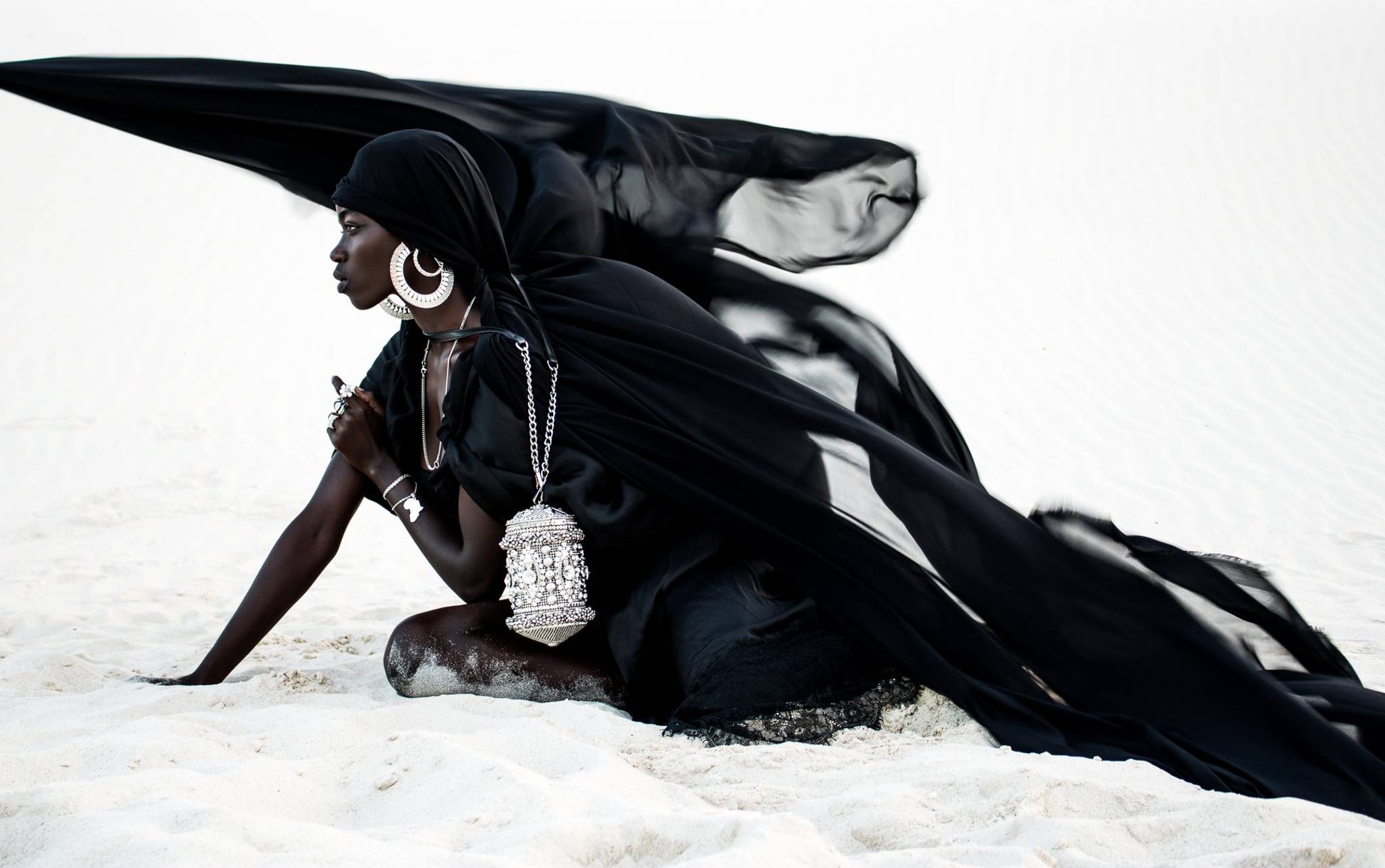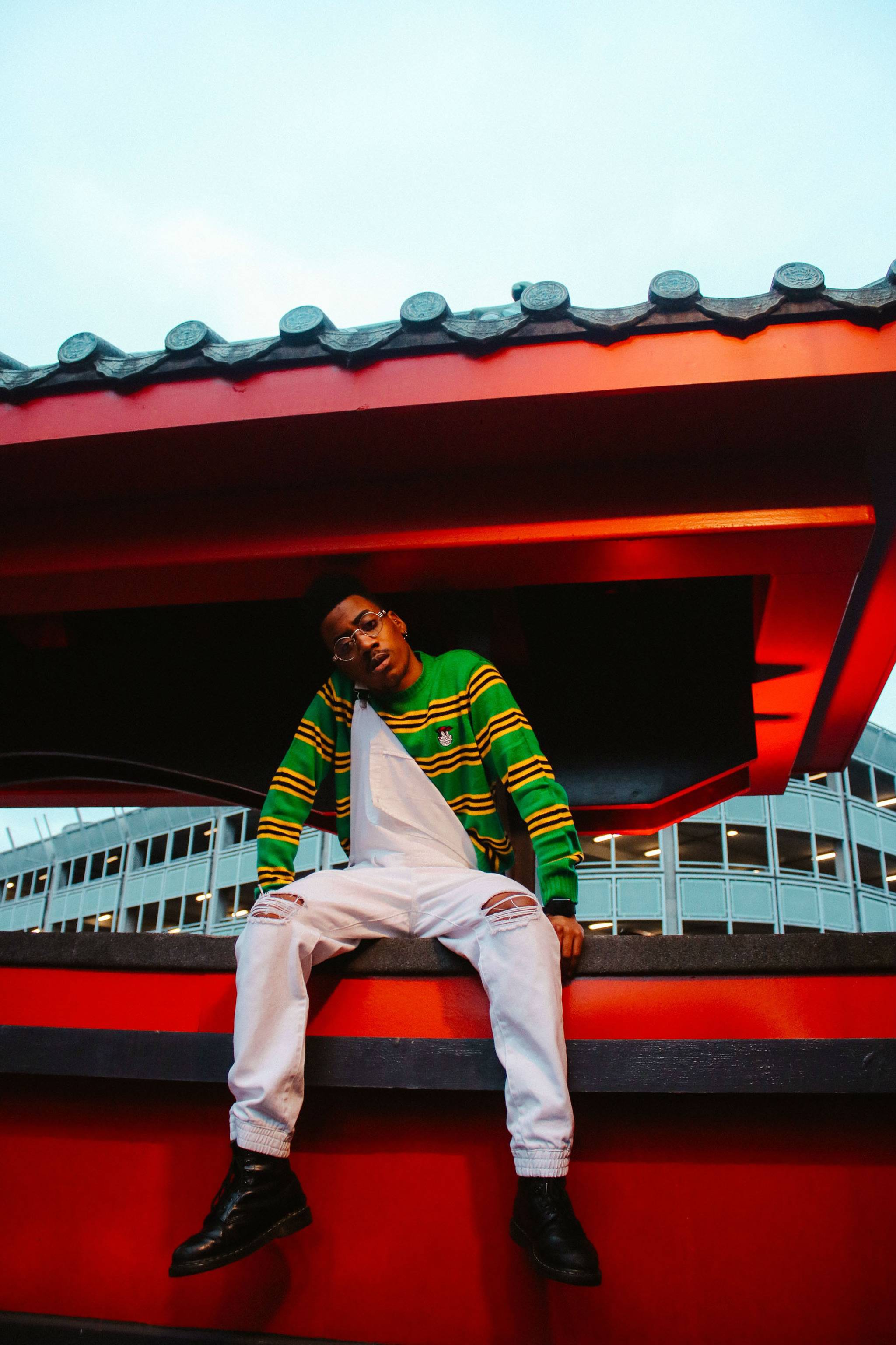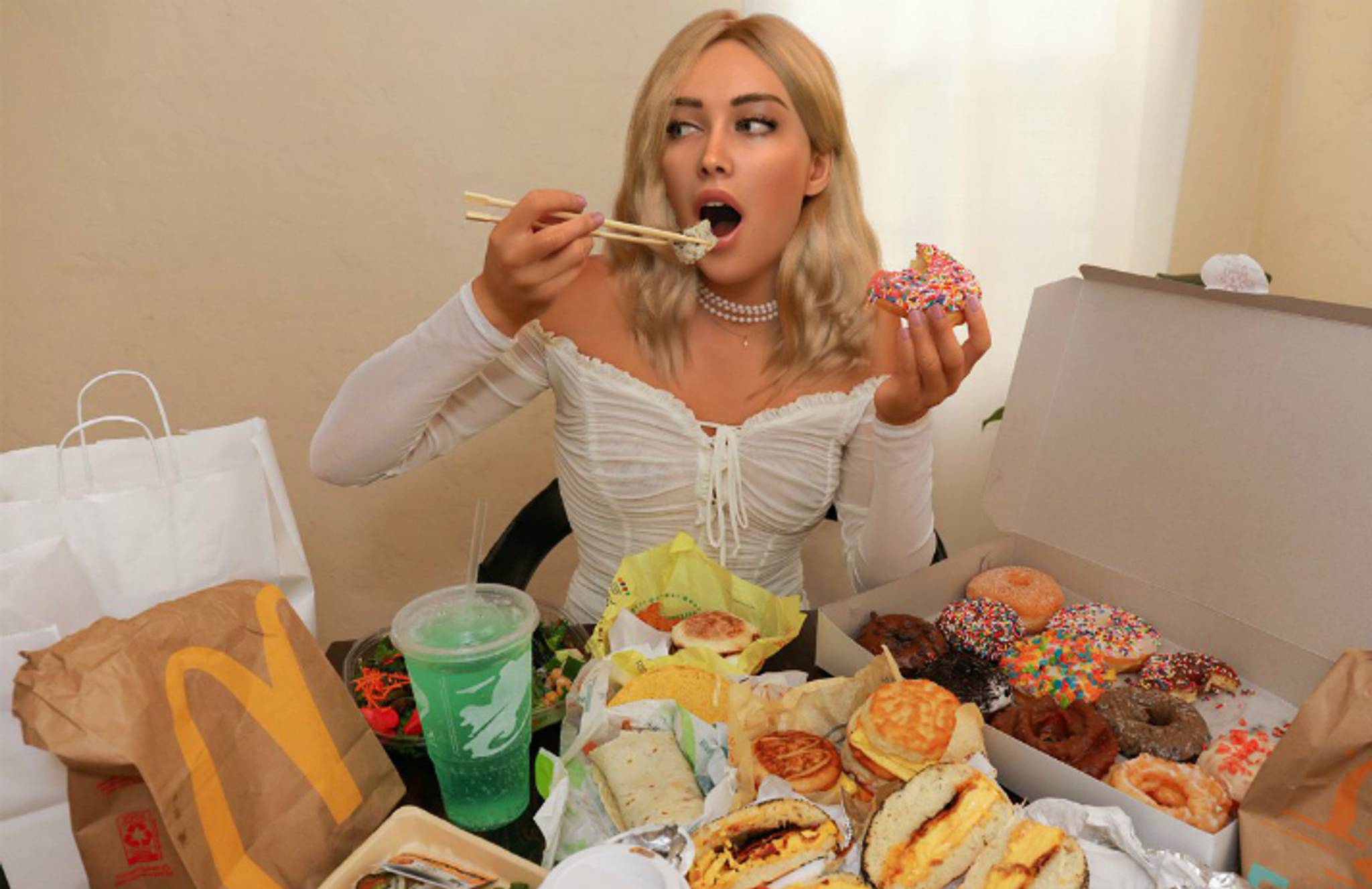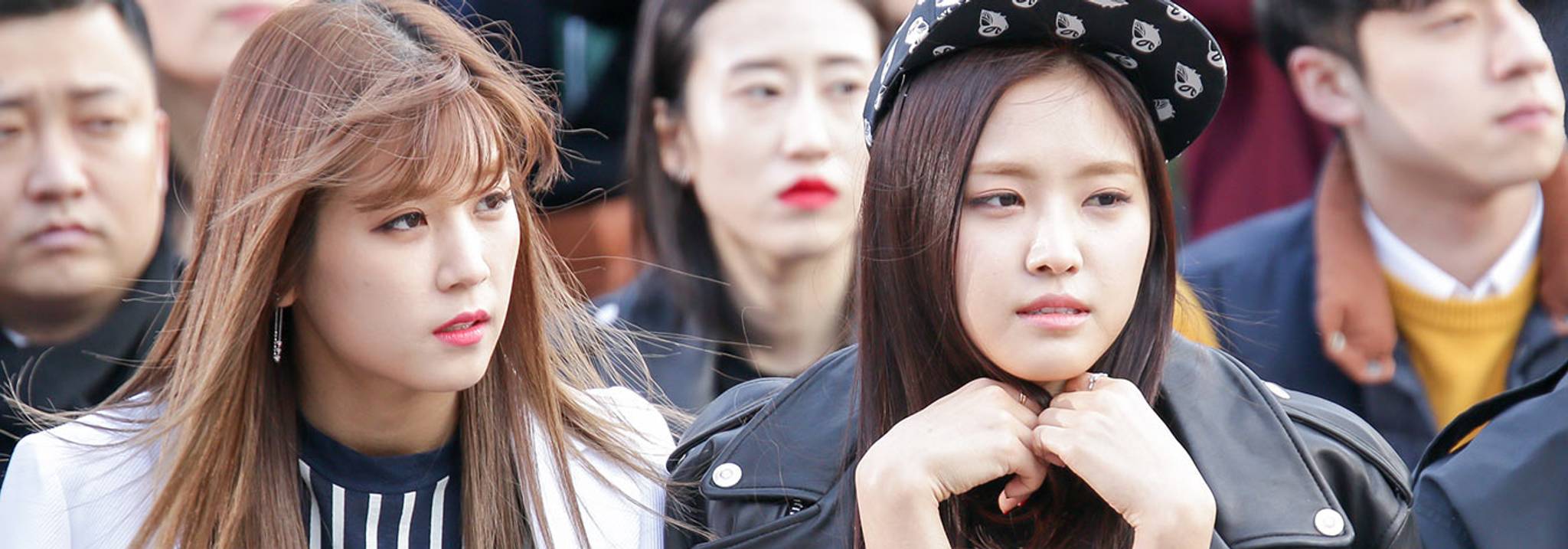
Ripped bodies, five-star stays abroad, and the ‘perfect’ partner are just some of the scenes we’re accustomed to seeing posted by influencers, with some earning up to $10,000 per product endorsement post. While aspirational content is nothing new, it was getting a bad rep for unrealistic and inauthentic portrayals of life – and with COVID-19 causing massive changes worldwide, influencers would be wise to change their approach to keep their status and business afloat.
Our love of public displays of excess took a nosedive when the pandemic hit. Despite growing to a market size of $4.6 billion in 2018, we were becoming less enchanted with snapshots of picture-perfect lifestyles as the coronavirus gripped the world. Influencers like Justin Blomgren, who has over 70,000 followers, posted a picture of himself in early April 2020, captioned: “Tbh, I’ve sort of run out of things to say...But here’s a photo showing I’m alive and healthy." With 55% of UK marketers delaying product and service launches, the future of influencer marketing hangs in the balance. With the glow of glamour waning, where does this leave influencers? In a Vogue Business webinar, retail and marketing editor Kati Chitakorn and influencer agent Jennifer Powell shared their insights into the future. Here are the key takeaways:
Influencers need to ‘get real’
If there’s one factor that could save the influencer market from sinking, it's authenticity. In a time when getting access to basic resources has become more complicated, pictures of influencers on yachts are the last thing people want to see. “People are rethinking trivial purchases in and out of fashion,” says Powell, so it’s important that influencers use their platform to relate to their followers instead of deviating from them. Rather than focusing on selling, influencers need to support their community as well as understand them.
Create thoughtful content and build new stories
One way influencers and brands have done this is by crowdsourcing. They're also shooting their content from home and instead of ordering new clothes, stockpiling on outfits taken from their previous holidays. These are powerful narratives because they're relatable situations. As Powell explains, brands also have a part to play by investing in influencers who “create thoughtful content” and by collaboratively working with them to “create new stories together.”
Be open to digital solutions
Continued social distancing measures mean reduced availability of models and influencers, however, CGI influencers such as Shudu Gram and Miquela Sousa could be a saving grace – Sousa alone has 2.2 million followers on Instagram. Fashion brands are taking a ‘make the most of what you have’ approach by asking employees to become 'natural ambassadors', in what Chitakorn coins ‘aspirational realness’. Marc Jacobs and H&M have used this approach, which has positioned them as both aspirational and achievable. In this time of crisis, influencers are faced with social responsibility and are sources of "resources, inspiration, and entertainment,” says Powell. And with COVID-19 bringing a “natural reset of intention,” we want to see the human side of everyone.
Sign up here to join our Pandemic Culture commerce masterclass on Thursday 14 May, which will explore how brands can support the specific needs of different audiences, communities, and cultures and will feature the associate director of research at Pew Research, Juliana Horowitz, and cultural anthropologist Grant McCracken.
Karen Muleba is the editorial assistant at Canvas8, which specializes in behavioral insights and consumer research. She holds a degree from the University of the Arts London and has had work featured on The Psychology Of Fashion. Outside of work, you'll find her at her favourite music gig or finding inspiration at a creative event.
